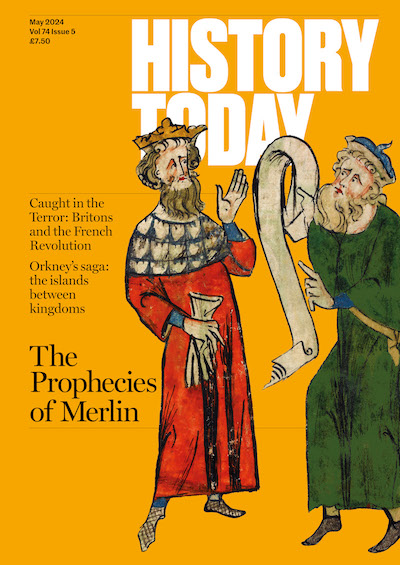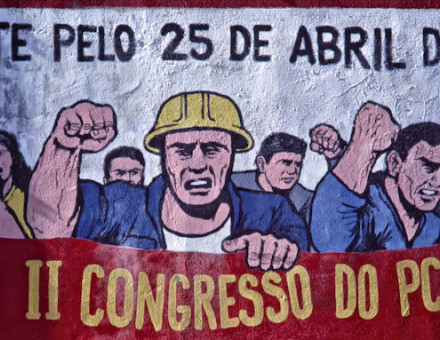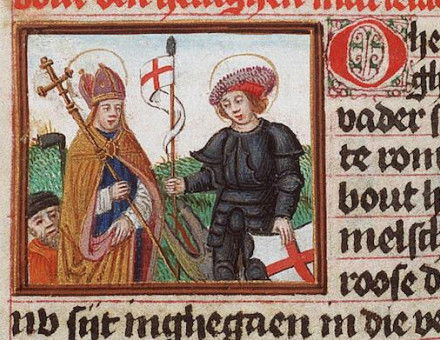The Leviathian
Maurice Cranston assesses the background and impact to Thomas Hobbes' masterwork of religious and political philosophy.
Three hundred years ago a bulky manuscript reached the office of a London publisher named Andrew Crooke. It had come from Paris, and was the work of a Royalist refugee. Crooke was a Royalist himself, but 1651 was no year for avowing such opinions; Cromwell, having conquered England, was fast on the way to subduing Ireland, Scotland, the Scilly Isles and Jersey. However, Crooke read the manuscript from Paris and liked it. He saw some danger to the author in the book, but none to himself. He decided to print.





